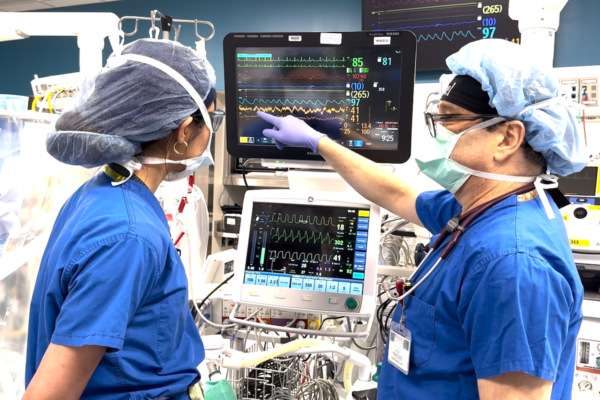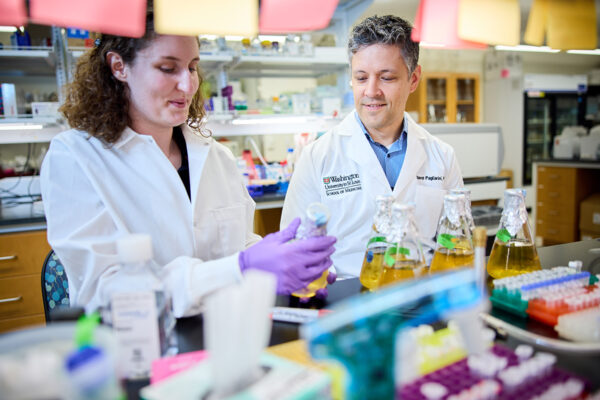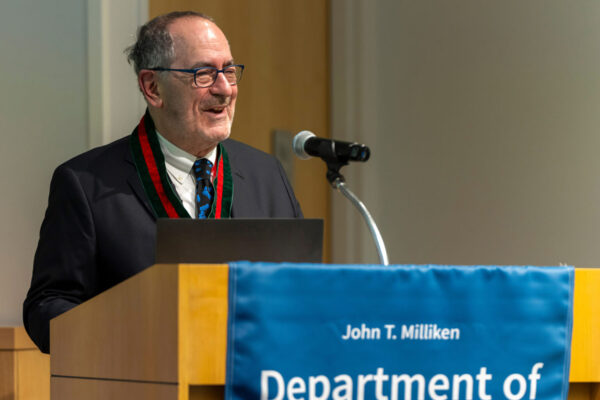Researchers develop improved techniques for medical imaging
Biomedical engineer Abhinav Jha, an assistant professor at the McKelvey School of Engineering and of radiology at the School of Medicine, both at Washington University in St. Louis, has published two papers recently related to improving imaging methods for medical applications.
Multicenter clinical study supports safety of deep general anesthesia
New research from Washington University School of Medicine in St. Louis and other institutions supports earlier findings that indicate that anesthesia is no more hazardous for the brain at higher doses than at lower doses.
Uncovering ‘the basis of humanity’ one puzzle at a time
For WashU MD/PhD student Sid Sivakumar, studying the brain is like constructing a crossword puzzle. Conveniently, he does both. He crafts puzzles for The New York Times, Washington Post — and now, the Record.
Analysis reveals function of mitochondrial disease-related protein
Researchers at Washington University School of Medicine have identified the function of a mitochondrial protein that plays a role in human disease. The research, led by BJC Investigator Dave Pagliarini, could provide new ways to diagnose and develop treatments for some rare mitochondrial diseases.
New machine learning method can better predict spine surgery outcomes
Researchers at Washington University in St. Louis combine artificial intelligence and mobile health data to better predict recovery from lumbar spine surgery.
Alzheimer’s biomarker sTREM2 plays a causal, potentially modifiable, role in disease
Carlos Cruchaga, a professor of psychiatry at the School of Medicine, has shown that the protein sTREM2 plays a causal role in the progression of Alzheimer’s disease, meaning that targeting the protein may affect the course of the disease.
Risk of death from COVID-19 lessens, but infection still can cause issues 3 years later
New findings on long COVID — long-term effects on health experienced by many who have had COVID-19 — offer both good and bad news, according to a study at Washington University School of Medicine in St. Louis and the Veterans Affairs St. Louis Health Care system.
Dickson, Khabele, Longmore elected to Association of American Physicians
Three physician-scientists at Washington University School of Medicine in St. Louis have been newly elected to the Association of American Physicians.
Holehouse receives NSF early-career award
Alex Holehouse, an assistant professor of biochemistry and molecular biophysics at Washington University School of Medicine in St. Louis, has received a Faculty Early Career Development Program (CAREER) award from the National Science Foundation.
Weil installed as Medoff professor
Gary Weil, MD, has been named the inaugural Gerald and Judith Medoff Professor of Infectious Diseases at Washington University School of Medicine in St. Louis. Weil received the honor in recognition of his efforts to eliminate parasitic worm diseases as global public health threats.
Older Stories









